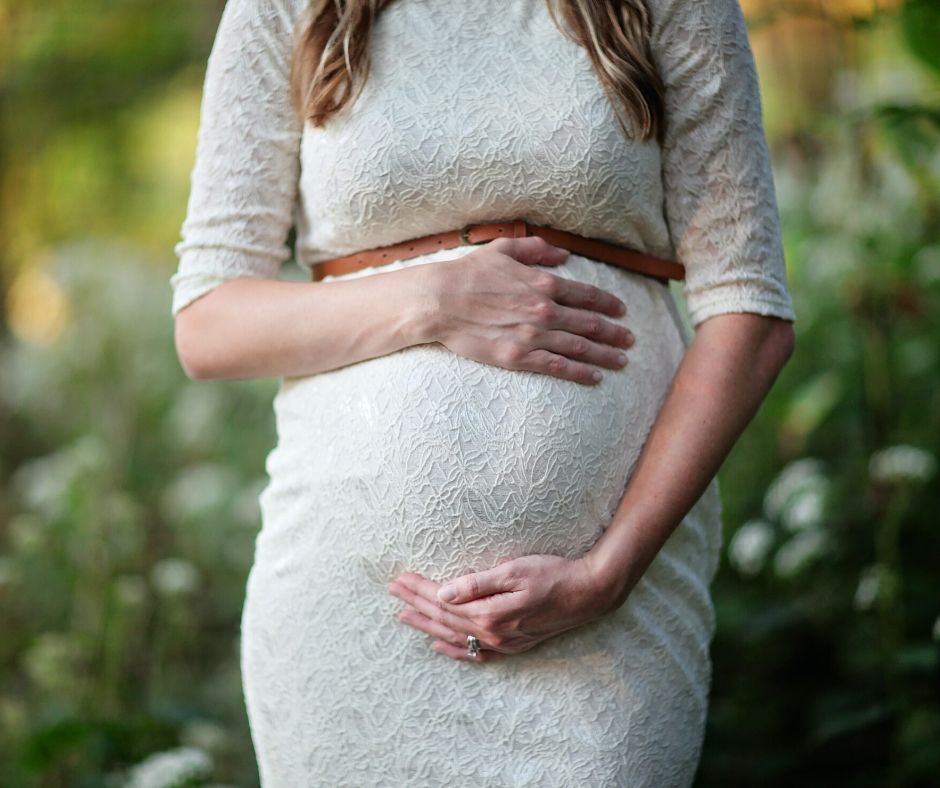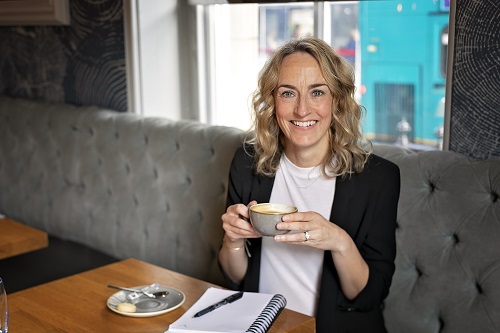
Even in ‘normal’ times, pregnancy and trying to conceive can be an anxious and vulnerable experience for many people. Understandably, the current pandemic is creating even more uncertainty and stress for many new and expectant parents.
Consultant Gynaecologist/Obstetrician Mahantesh Karoshi and Sarah Heywood, co-founders of the pregnancy and fertility platform, The Journey, share their advice and the latest research around the coronavirus and pregnancy.
The Immune System
The good news is that the notion that pregnant women are somewhat immunocompromised is not strictly true. Click here for more. Instead, during pregnancy the immune system reacts differently to how it would normally function. This also changes as your pregnancy progresses. It’s clever stuff.
There are certain diseases that do impact pregnant women more (Influenza and H1N1 for example), but this is not what we are seeing currently with Covid-19. In fact, the latest guidance from The Royal College of Obstetricians and Gynaecologists is that when it comes to Covid-19 it does not appear that pregnant women are more susceptible than the general public. Phew.
Further, so far, in babies being born to Covid-19 positive mothers we’re not seeing the extreme ‘Cytokine storms’ that come with severe Covid-19 cases in adults. This extreme immune system reaction is what seems to be causing the worst damage in those most affected.
Despite the positive guidance above, we know that the data is limited and that many people will still worry, so here are some tips and advice for commonly asked questions:
How Can Pregnant Women Protect Against Covid-19?
Dr Mahantesh says: “The most important thing to do is to wash your hands regularly and effectively, practice social distancing, avoid touching your eyes, nose and mouth and practice respiratory hygiene – that’s coughing or sneezing into your bent elbow or a tissue.”
Sarah Heywood adds: “Boosting your immunity is also key. High doses of Vitamin C (1000mg) and supplementary Vitamin D (40 minutes in the sun if you have darker skin and 20 minutes a day if you have lighter skin) will help keep you fighting fit.” Click here for more on the underrated power of Vitamin D for the entire journey.
Does Covid-19 Increase The Risk Of Birth Complications?
The answer is yes, but Dr Mahantesh adds: “We do know that it can impact coagulation (blood clotting) which can increase risk of significant bleeding around birth. However, as a result doctors and midwives are carefully monitoring things like platelet count and are really on top of it. The reality is that this will impact only a minority of women and we are extremely vigilant now of this risk.”
Should I Delay Trying To Conceive Until After The Pandemic Is Over?
There is no evidence at this stage that Covid-19 impacts fertility. There is also no evidence currently that pregnant women are more susceptible than the general public to catching the infection.
On the flip side, we know for sure that aging does impact fertility. So, if you can conceive naturally and have been planning to start a family then there is no reason not to continue. Unless of course your partner is displaying symptoms in which case isolation for at least 14 days is the way to go.
What About Delays To Fertility Treatments? Does This Mean People Will ‘Miss The Boat’?
From a fertility treatment perspective there is little evidence that a six-months delay will materially impact the chances of success. It can be extremely frustrating to have to wait to get started, but the best bet is to use the time to practise self-care and prepare your body for when things get going again.
Stress reduction, staying positive, movement, a healthy diet full of whole foods and lots of sleep will all pave the way to increase your chances of success when things get going again. Try and see it as an opportunity to prepare as hard as that may be. Click here for a whole selection of evidence backed things you can do to boost egg quality and here for male fertility.
Follow The Journey on Instagram @thejourneydotcom.








